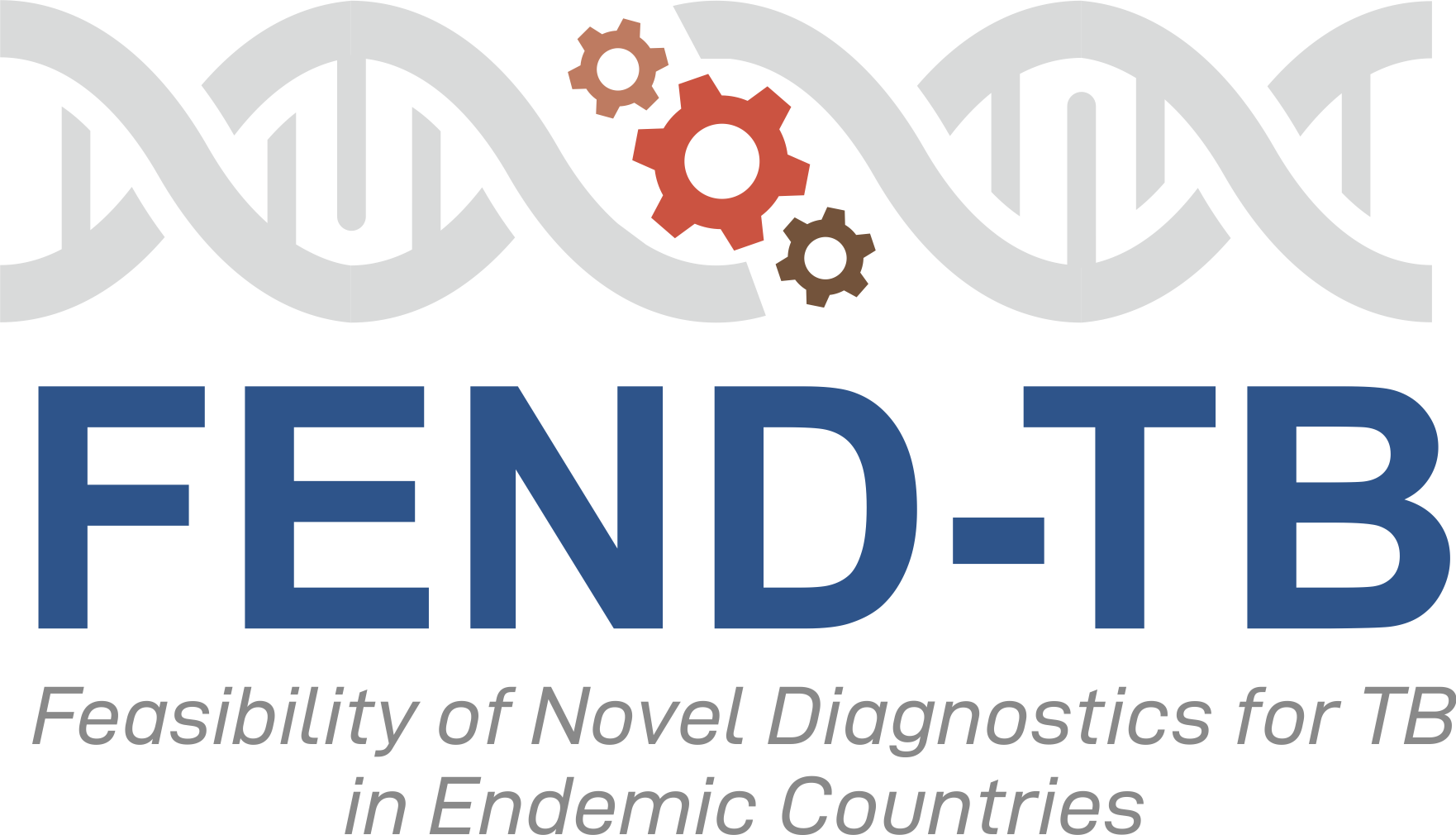Adult Protocol

Improved tuberculosis diagnostic tests are a key component of strategies to reduce the global tuberculosis burden and morbidity. Of highest priority are tests that can be performed on readily available clinical specimens other than sputum, that can be used for triage purposes and at point-of-care, and that can predict the future development of active tuberculosis. Advances in biology and technology have facilitated the development of novel in vitro assays; however, rigorous evaluations using specimens from individuals in intended settings of use are needed to identify and prioritize the best-performing tests and inform their iterative development.


Susan Dorman
MD
The Adult FEND for TB program enrolls adults in whom evaluation for tuberculosis is warranted based on signs and symptoms, noninvasively obtaining relevant clinical specimens, and meticulously testing those specimens using conventional WHO-endorsed tuberculosis diagnostics to classify each participant with regard to tuberculosis status. This protocol also comprises investigational in vitro diagnostic assays that will be evaluated in the laboratories over the life of the program and the statistical approaches for identifying the best performing assays.
The following protocol design features enhance the efficiency with which investigational tuberculosis diagnostic assays are formally evaluated to enable the rapid identification of the most promising assays and speeding their movement through the pipeline to tuberculosis patients and programs:
- A continuously enrolling protocol that will a) facilitate rapid evaluation of new in vitro investigational tuberculosis diagnostic assays as they become available, thereby allowing the FEND for TB Consortium to respond nimbly to new scientific opportunities, and b) allow for the development of a collection of specimens, from participants whose tuberculosis status is well characterized, for use in the evaluation of new technologies at the study site and at the Analytic Laboratory Core and for use in determining the comparative performance of assays that enter evaluation at different times.
- Use of a two-stage study design to allow early but statistically rigorous decisions as to proceed, or not, with continued evaluation of a given investigational assay.
- Enrollment of individuals who are diverse with respect to comorbidities and geography.
The Adult FEND for TB program enrolls participants from 4 in-country sites: Peru, South Africa, Uganda, and Vietnam.
Huaycan
Nolungile
Kisenyi, Mulago/Baylor
Viet Tiep in Hai Phong




